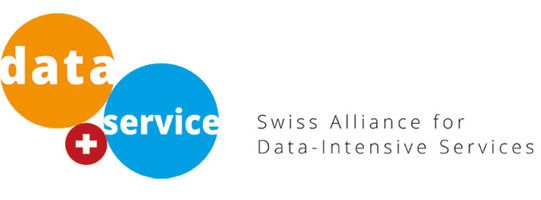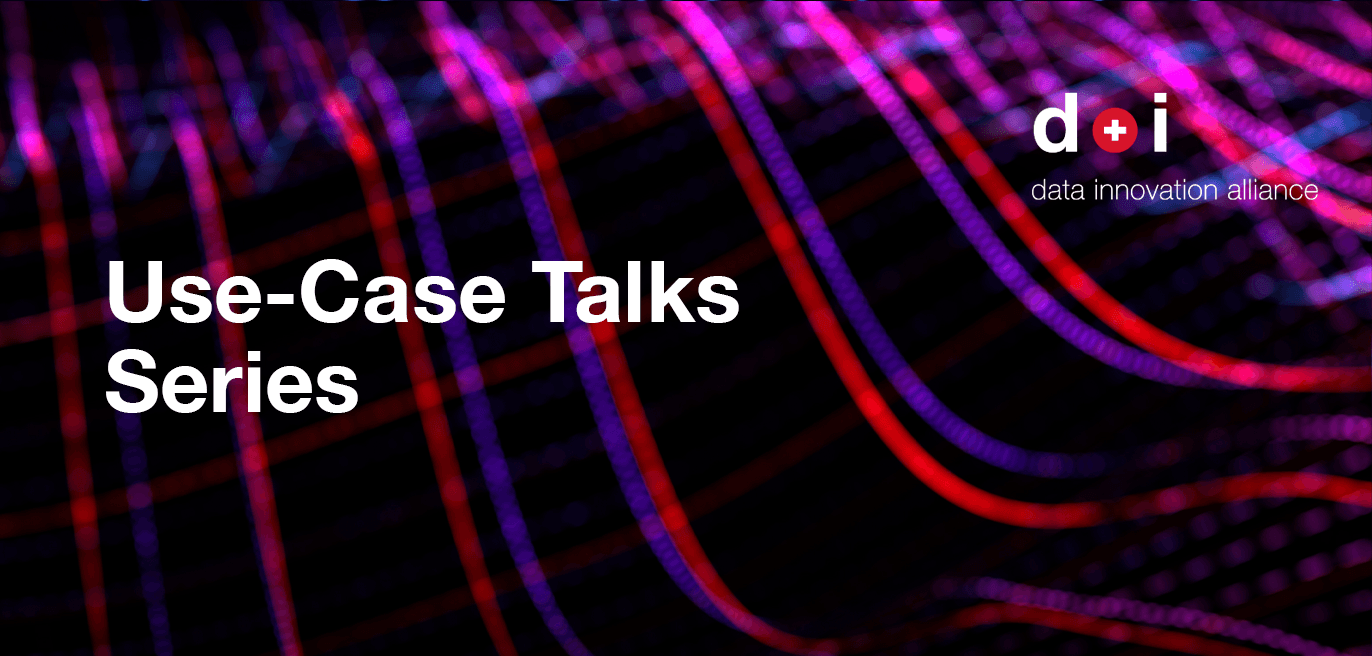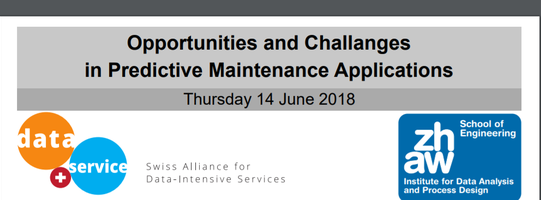Match-Making Event
We are happy to invite you to our first Match-Making Event: taking place on the afternoon of September 12 at BFH Bern Brueckenstrasse (13:30 – 17:00), the objective is to bring together specific collaboration ideas from Academic and Industrial members, sharpen them in a joint discussion, and find best fits amongst the participating experts for pushing the ideas forward, setting up projects and creating tangible innovation.
The event is set up in the form of a workshop. Every participant will share an innovation idea* for which he/she searches partners within Data+Service:
Academic members can present ideas based on their research results, for finding appropriate application partners for a research project, or for getting useful data from industry to support the research.
For Industrial members, the event is an opportunity to discuss ideas, get feedback or inspiration for solution approaches, and of course to find appropriate project partners among the researchers or experts from other companies.
Basic requirements:
Every participant brings a collaboration idea to the event, provided by a poster or an B1 flipchart.
You get 3 minutes to explain shortly what it is about.
Then we have in smaller groups time for discussion.
As suggestions, show up with two persons for an active Match-Making.
Register via e-mail until 5th September to info.office@data-service-alliance.ch
* If you want to participate but don’t have an idea of your own, get in touch with Gundula.
Date & Time: 12.09.2018, 13:30 – 17:00
Venue: BFH, Brueckenstrasse 73, Raum P114 (Pavillon 1 Floor)




